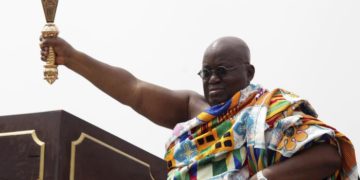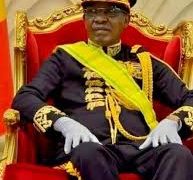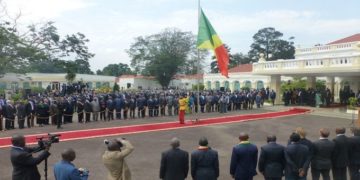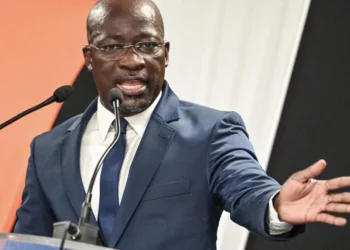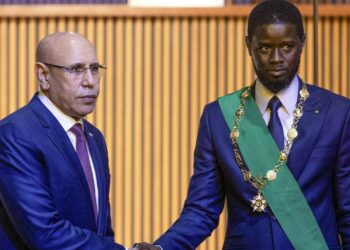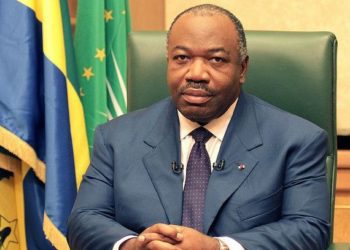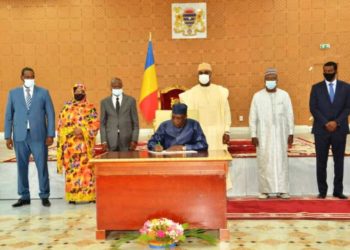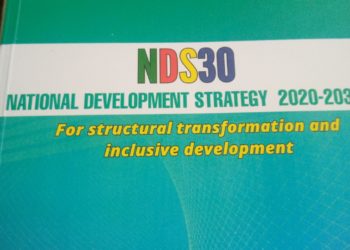South Africa’s President Cyril Ramaphosa has announced the formation of a new coalition government following the loss of parliamentary majority by the ruling African National Congress (ANC) party in the recent elections. Describing it as “unprecedented in the history of our democracy,” President Ramaphosa revealed that the ANC will hold 20 out of 32 cabinet positions, with the Democratic Alliance (DA) taking six and smaller parties sharing the remaining six.
The formation of this coalition government came after intense negotiations that almost derailed the agreement, with President Ramaphosa accusing the DA at one point of attempting to establish a “parallel government” in violation of the constitution. The decline in ANC support during the elections reflected public dissatisfaction with the party’s performance in delivering essential services and addressing issues such as unemployment, poverty, and corruption.
The business community welcomed the coalition government, citing its potential to ensure economic stability compared to a possible alliance with two radical parties that split from the ANC. Key ministries such as defense, finance, and foreign affairs, where the ANC has been vocal in its support for the Palestinians and critical of Israeli actions in Gaza, will remain under ANC control in the new cabinet.
Outgoing Foreign Minister Naledi Pandor has been replaced by Ronald Lamola, who previously served as justice minister. The DA will oversee portfolios including home affairs, public works, and basic education, with party leader John Steenhuisen heading the agriculture ministry. President Ramaphosa emphasized the new government’s focus on achieving rapid, inclusive, and sustainable economic growth and creating a more equitable society.
The ANC hailed the coalition government as a significant step forward, while the DA expressed satisfaction with the portfolios it secured through what it described as “robust negotiations.” Notably, the ANC retains control over ministries crucial to its policies on black economic empowerment, such as mines, trade, and land reform. In the elections, the ANC garnered 40% of the vote, while the DA secured 22%.




